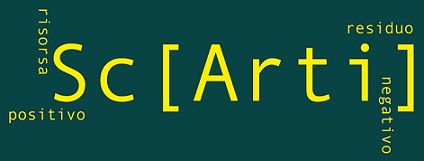Censura, autocensura e malapartiana revisione: storie di una corrispondenza scartata e recuperata ne Il Volga nasce in Europa
DOI:
https://doi.org/10.13130/2035-7680/12946Palabras clave:
Malaparte, Il Volga nasce in Europa, Reportage, Revision, Censorship, World War IIResumen
Between 1941 and 1942 Curzio Malaparte, one of the most troubled writers in Fascist Italy, was sent by
Il Corriere della Sera on the Russian Front as a war correspondent, to write under the supervision of redactor Aldo Borelli and
the harsh control of fascist censorship. His correspondences, collected in The Volga Rises in Europe in 1943, were extraordinarily
vivid and sharp; nevertheless, too many elements have led to tarnish the memory of this work, as the unstable credit earned by the
author with his readers, and the editorial itinerary of the collection, which was published, censored and modified in an ideologically
sensitive time. Several studies have dealt with this collection, judging in different ways the honesty of its author but always
acknowledging its literary and historical value. In this essay, we try to retrace the philological history of The Volga Rises in Europe,
showing that not all the changes operated by the author on the text are led by the attempt at distancing himself from Fascism.
One certain correspondence, “Una tomba nei sobborghi di Leningrado”, which has been reinserted in the latest edition, has probably
a whole different story. The essay intends to present some hypotheses on this story and to show how this correspondence can be
considered as a sensitive topic for all involved parts: the subject, the censorship, and the author himself.




